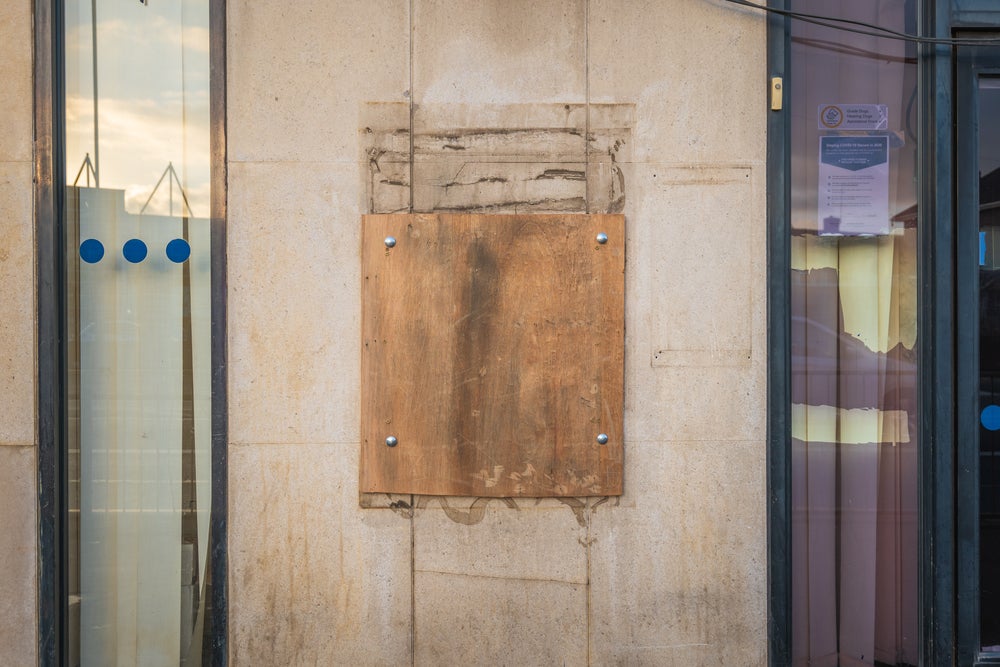Prepaid card growth, population growth, EMV migration, not to mention economic growth- there is plenty going on in Indonesia to drive the payments market, despite the central bank imposing tighter controls on consumer credit lending. It is also the perfect breeding ground for mobile payments
Indonesia’s economic growth enhanced employment and household income, and propelled a greater number of previously unbanked individuals into the financial mainstream. As more people became aware of the benefits of electronic transactions, the use of cash decreased between 2010 and 2014. In terms of transaction value, credit transfers dominate Indonesia’s cards and payments industry, yet consumers are gradually adopting payment cards as a payment instrument.
Over the last five years, Indonesia’s payment cards market grew in terms of transaction value and volume, registering respective compound annual growth rates (CAGRs) of 11.95% and 19.89%.
Owing to government efforts to increase awareness levels with regards to payment cards, bolstered consumer confidence, middle-class population growth and urbanisation contributed to this recent growth.
While the country’s banking infrastructure is well developed in urban areas, it is still in development in rural ones. This situation is gradually improving, however, as banks expand their branch networks. The rural population is slowly switching to payment cards, although this is mainly for cash withdrawals at present.
Banks are migrating to EMV standards in order to enhance security. In October 2011, the central bank mandated banks to replace their magnetic strip ATM and debit cards with EMV cards. A deadline was set for December 31, 2015. From January 2015, the central bank also made six-digit PINs compulsory when authenticating credit card transactions at POS terminals.
How well do you really know your competitors?
Access the most comprehensive Company Profiles on the market, powered by GlobalData. Save hours of research. Gain competitive edge.

Thank you!
Your download email will arrive shortly
Not ready to buy yet? Download a free sample
We are confident about the unique quality of our Company Profiles. However, we want you to make the most beneficial decision for your business, so we offer a free sample that you can download by submitting the below form
By GlobalDataBanks and card issuers in Indonesia have introduced contactless technology to increase their levels of consumer convenience. Banks are making concentrated efforts to establish the required infrastructure for contactless technology through which consumers can make purchases at POS terminals via their mobile phones.
New regulations impact credit cards
In 2012, the Bank of Indonesia (BI) changed the minimum monthly income requirement to be eligible to apply for a credit card to $319.6 (IDR3m), and the maximum available credit limit was set at three times a person’s salary. Banks were required to comply from January 1, 2013.
Effective from January 2013, the BI placed restrictions on credit card ownership in order to control card debt.
According to a new regulation, an individual with a monthly income of between $252.7 and $842.4 may own a maximum of two credit cards; those with a monthly income in excess of $842.4 are required to undergo an assessment by any potential provider before acquiring further cards.
The new regulations resulted in the slow growth of the credit card market in terms of the volume of cards in circulation, transaction value and volume.

Prepaid card growth opportunities
The prepaid card market recorded a strong performance both in terms of the number of cards in circulation and transaction value, registering respective CAGRs of 60.29% and 46.16% between 2010 and 2014; a situation which is anticipated to continue.
As more consumers are using prepaid cards to undertake daily transactions, issuers are looking to introduce new prepaid card variants into the market.
The range of products has also been expanded to include e-toll, rail, fuel and gift cards. Jakarta Bank offers the jakCard which can be used to pay for public transport in Jakarta. Similarly, Bank Mandiri offers three prepaid cards: Indomaret Card, GazCard, and E-Toll Card. These cards can be used for road tolls and gas payments, and at 870 merchants in Indonesia.

Mobile payments are gradually gaining space
Supported by mobile network operators (MNOs), mobile payments (m-payments) are playing an important part in the development of electronic payment platforms across the whole of Indonesia. Indonesia serves as the perfect ground for m-payments, with a sizeable portion of its rural population having limited access to banking and financial services.
An e-wallet service called TCash was launched by Telkomsel in 2007. Other MNOs – Indosat and XL Axiata – launched Dompektu and XL Tunai in 2008 and 2012 respectively. The government is also keen to develop the m-payments market. In April 2014, the BI issued regulation No. 16/8/PBI/2014 – a revision of regulation No. 11/12/PBI/2009 – to permit non-bank financial institutions to issue e-money for payment purposes.
This means that mobile financial services in Indonesia can now be offered by a bank alone, or a combination of both an MNO and a bank in collaboration.







